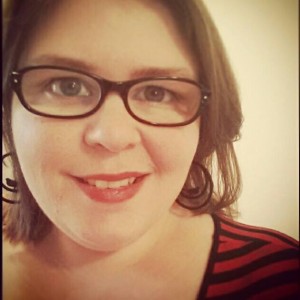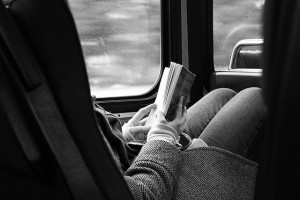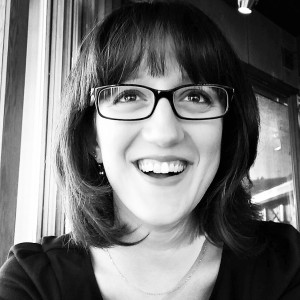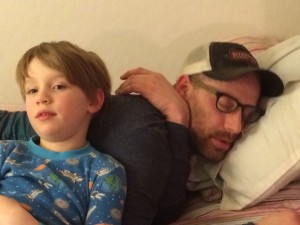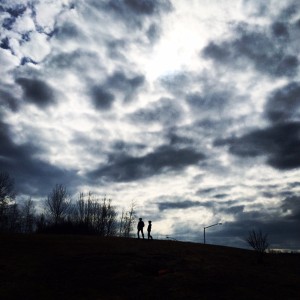We used to play in the nursery at church several years after we were too old to be in the nursery. I don’t remember who “we” were, precisely. “Those kids at church,” I’m sure I called the others. The nursery had one wall devoted to crib cubbies – three rows of big cubby holes, each equipped with a thin mattress and a railed panel that slid like an overhead garage door down a curved track. With the door down, a baby could sleep safely during the service or after church a six-year-old and his unnamed playmates could feel like jailbirds or crewmembers of a pirate ship or puppies in kennels or ninjas hiding in the shadows from unsuspecting parents.
I remember the stillness of lying in my cubby with the door down, eyes closed, feeling cramped but cozy. Sometimes I snuck out of my cubby and stood for far longer than necessary in the nursery’s tiny one-stall bathroom, listening to the muffled sounds of my friends and pondering the distant hum of the air system. Even at that age I treasured the idea of layered privacy. I savored the chance in both the cubby and the bathroom to command my own small realm, my own enclosed space hidden inside the nursery, which was one of many rooms on the first floor of my three-floor church, which was one of many buildings on Meridian Street, which was one of many streets in Anderson, Indiana, in the United States, in North America, on Earth. My conception of the planet at the time derived from the globe my parents gave me in first grade (that globe stands on the filing cabinet behind me as I type this in my office). There are no lines on that globe for Indiana’s borders, no dot for Anderson. I knew I lived somewhere in that green patch south of Lake Michigan where nothing is labelled. And so I knew as sure as a six-year-old can that in the nursery cubby or the nursery bathroom I was layers and layers and layers away from visible to anyone anywhere.
They have long since remodeled that nursery and removed the wall of crib cubbies. The room now serves as a Sunday school classroom and is, from what I hear, devoid of small enclosed spaces. I presume the bathroom is still there, though I haven’t been in that room since my son outgrew the nursery years ago. But I have discovered in many other places the sensation I first  found in that nursery. I feel that same coziness in my walk-in closet in the master bathroom in my house in Anderson; I’ve felt it in the upstairs half-bath of an apartment my wife and I once occupied in Grand Cayman, in several single-bed hotel rooms in London, in my windowless office (which I love) at Taylor University. I have relished the layers of architectural and conventional strata that encased me in those spaces, and more so as my daughter has become adept at operating door knobs. I have come to embrace, too, the lovely notions that our omnipresent God inhabits those spaces and shares them with me, and that at least part of the reason Christ instructed His followers to find a private space for prayer was that solitude is healthy and sacred.
found in that nursery. I feel that same coziness in my walk-in closet in the master bathroom in my house in Anderson; I’ve felt it in the upstairs half-bath of an apartment my wife and I once occupied in Grand Cayman, in several single-bed hotel rooms in London, in my windowless office (which I love) at Taylor University. I have relished the layers of architectural and conventional strata that encased me in those spaces, and more so as my daughter has become adept at operating door knobs. I have come to embrace, too, the lovely notions that our omnipresent God inhabits those spaces and shares them with me, and that at least part of the reason Christ instructed His followers to find a private space for prayer was that solitude is healthy and sacred.
My job as a professor and my standing as a husband and father require me to be in frequent contact with others. These are the roles and the people for which I’ve been made, and for which I am endlessly grateful. But I’m also learning to treasure as gifts my rare moments of seclusion and to accept that I need them. I cherish and protect those nested spaces where, for a few exquisite moments every now and then, I can lie in my crib cubby and lower the door.
* * * * *
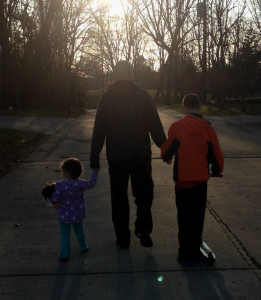 “Crib Cubby” was written by Aaron J. Housholder. Aaron teaches writing and literature at Taylor University in Upland, IN. He lives in Anderson, IN with his wife Suahil and his kids Scottie and Alivia. His fiction and nonfiction have appeared or are forthcoming in Relief Journal, Ruminate, Wyvern Lit, freeze frame fiction, River Teeth, and elsewhere. You can find him on Twitter @ProfAJH.
“Crib Cubby” was written by Aaron J. Housholder. Aaron teaches writing and literature at Taylor University in Upland, IN. He lives in Anderson, IN with his wife Suahil and his kids Scottie and Alivia. His fiction and nonfiction have appeared or are forthcoming in Relief Journal, Ruminate, Wyvern Lit, freeze frame fiction, River Teeth, and elsewhere. You can find him on Twitter @ProfAJH.

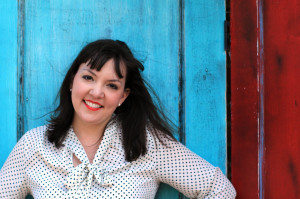
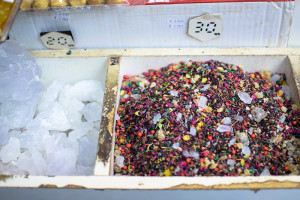
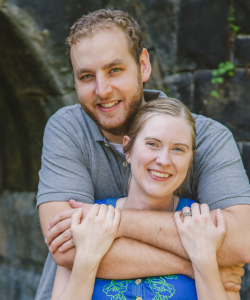
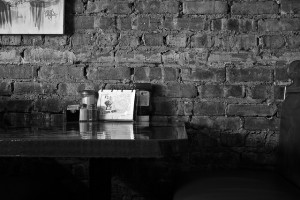 In retrospect I can see that, somehow, that dinner made me stronger. It was not the first time that our plans had not worked. It was not the first time he had changed things at the last minute, disappointing me. It was the first time I kept the plans anyway. The first time I still showed up, lived the moment, and went forward instead of letting my world stop. I could have grabbed a quick dinner in a drive-thru, eaten the fries as I navigated the road back home. But, I didn’t. I sat in the restaurant I had planned to go to and had the dinner I had planned to have that evening. I wasn’t trying to “still live life” or “embrace the moment” that night. It was simple, really: I was hungry and the restaurant was there.
In retrospect I can see that, somehow, that dinner made me stronger. It was not the first time that our plans had not worked. It was not the first time he had changed things at the last minute, disappointing me. It was the first time I kept the plans anyway. The first time I still showed up, lived the moment, and went forward instead of letting my world stop. I could have grabbed a quick dinner in a drive-thru, eaten the fries as I navigated the road back home. But, I didn’t. I sat in the restaurant I had planned to go to and had the dinner I had planned to have that evening. I wasn’t trying to “still live life” or “embrace the moment” that night. It was simple, really: I was hungry and the restaurant was there.